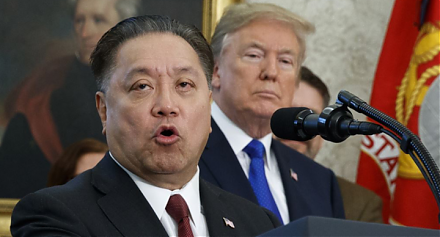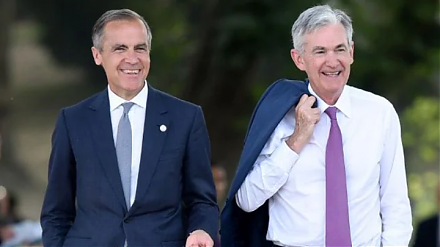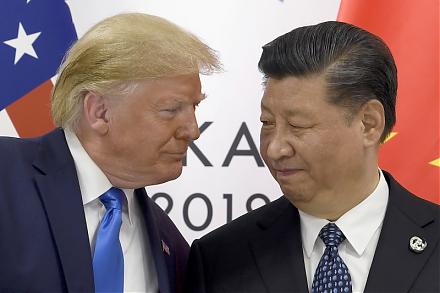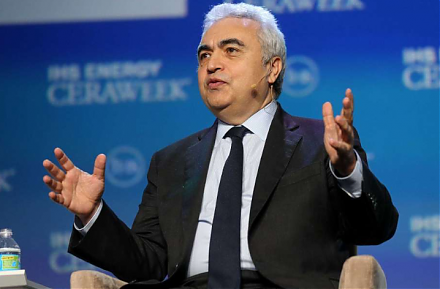

2018-09-21 09:41:00 Fri ET
technology antitrust competition bilateral trade free trade fair trade trade agreement trade surplus trade deficit multilateralism neoliberalism world trade organization regulation public utility current account compliance
Former World Bank and IMF chief advisor Anne Krueger explains why the Trump administration's current tariff tactics undermine the multilateral global trade system. In the post-war era, America has led the way in establishing the troika of economic institutions, the International Monetary Fund (IMF), World Bank, and World Trade Organization (WTO) (formerly known as General Agreement on Tariffs and Trade (GATT)), that collectively form the primary basis of international economic order in place today. Due to the healthy expansion of a multilateral trade system under the WTO, world trade has grown 1.5 times faster than global GDP since World War II.
The WTO 164-member economies commit to supporting an open multilateral trade system with common rules and procedures. These rules achieve for international trade what domestic commercial codes accomplish for contracts and transactions between parties within a given jurisdiction. Under WTO rules, international trade partners are subject to the same national regulations just as domestic firms have the same rights in regional courts. Governments cannot discriminate against other WTO members, so trade benefits for one trade partner must apply to all other trade partners under WTO rules.
It is essential and paramount to ensure that trade partners receive fair regulatory and judicial treatment from WTO member-state governments, and the principle of non-discrimination has been a core tenet of the global trade system.
Under this WTO framework, the Trump administration now uses national-security concerns to justify hefty tariffs on steel-and-aluminum imports from China, Canada, Europe, Mexico, and Japan etc. Whether these tariffs would help reduce U.S. trade deficits remains complex and mysterious.
The Trump discriminatory tariffs undermine the WTO economic order and thereby induce China and some other countries to seek commensurate reparation through the WTO dispute-settlement mechanism.
These countries may retaliate against Trump tariffs and in turn would exacerbate the current global trade quagmire.
If any of our AYA Analytica financial health memos (FHM), blog posts, ebooks, newsletters, and notifications etc, or any other form of online content curation, involves potential copyright concerns, please feel free to contact us at service@ayafintech.network so that we can remove relevant content in response to any such request within a reasonable time frame.
2018-03-06 11:35:00 Tuesday ET

The Trump team blocks Broadcom's bid for Qualcomm due to national economic security concerns and 5G telecom network issues. Broadcom makes microchips fo
2019-11-09 16:38:00 Saturday ET

Federal Reserve Chairman Jerome Powell indicates that the central bank would resume Treasury purchases to avoid turmoil in money markets. Powell indicates t
2025-01-22 08:35:08 Wednesday ET

President Donald Trump blames China for the long prevalent U.S. trade deficits and several other social and economic deficiencies. In recent years, Pres
2018-02-19 08:39:00 Monday ET

Snap cannot keep up with the Kardashians because its stock loses market value 7% or $1 billion after Kylie Jenner tweets about her decision to leave Snapcha
2023-06-28 09:29:00 Wednesday ET

Carmen Reinhart and Kenneth Rogoff delve into several centuries of cross-country crisis data to find the key root causes of financial crises for asset marke
2019-03-25 17:30:00 Monday ET

America seeks to advance the global energy dominance agenda by toppling Saudi Arabia as the top oil exporter by 2024. The International Energy Agency (IEA)